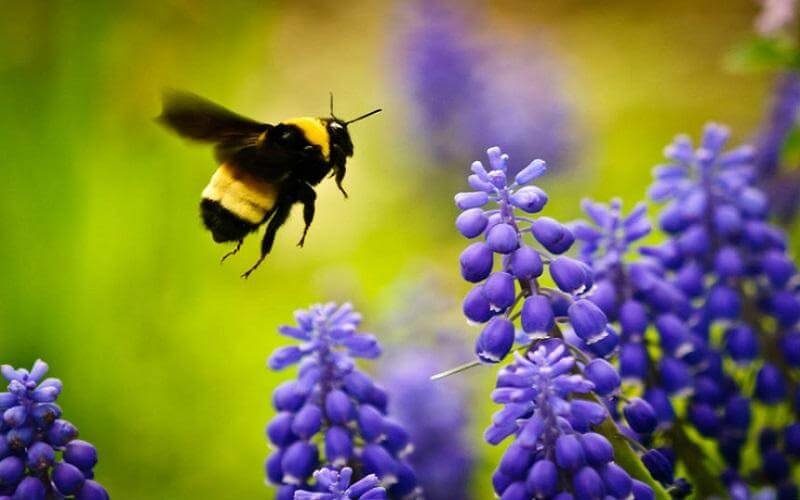Like my younger self, most Canadians are unaware of the vast diversity of bee species we have in Canada and are mostly familiar with the western honeybee (Apis mellifera), a non-native species introduced to Canada to provide a sweetener for early settlers.
In fact, Canada has more than 800 species of native bees. Most of our native species do not live in hives but are solitary, living in the ground or hollow stems. None of them make honey. Many of them do not sting.
…
That bees are notably important pollinators of our ecosystems and many of our food crops explains the recent intense public interest in “saving” them. Their perceived value is bound up in their ability to perform ecosystem services for us: we must save the bees to save ourselves. The intrinsic value of bees as wildlife species with unique natural histories is rarely mentioned, even though it is clear that the wild species are those most at risk of disappearing. Our native bees have relationships with microorganisms, parasitoids, plants, birds and mammals that we have barely begun to understand. Just as with larger, charismatic animals like polar bears and white rhinos, the conservation value of native bees should not and cannot only be defined by what they can do for us.
Editor’s note: Sheila Colla is a professor of environmental studies at York University in Toronto, Canada
Read full, original post: The truth about bees































